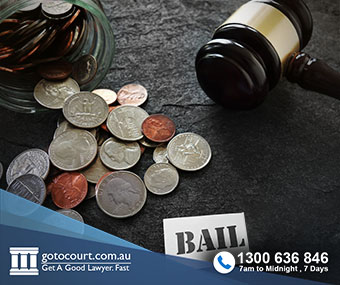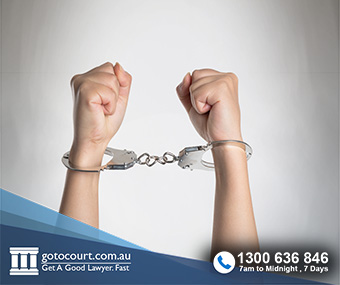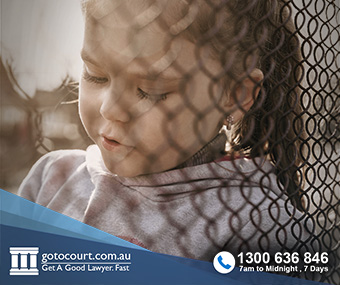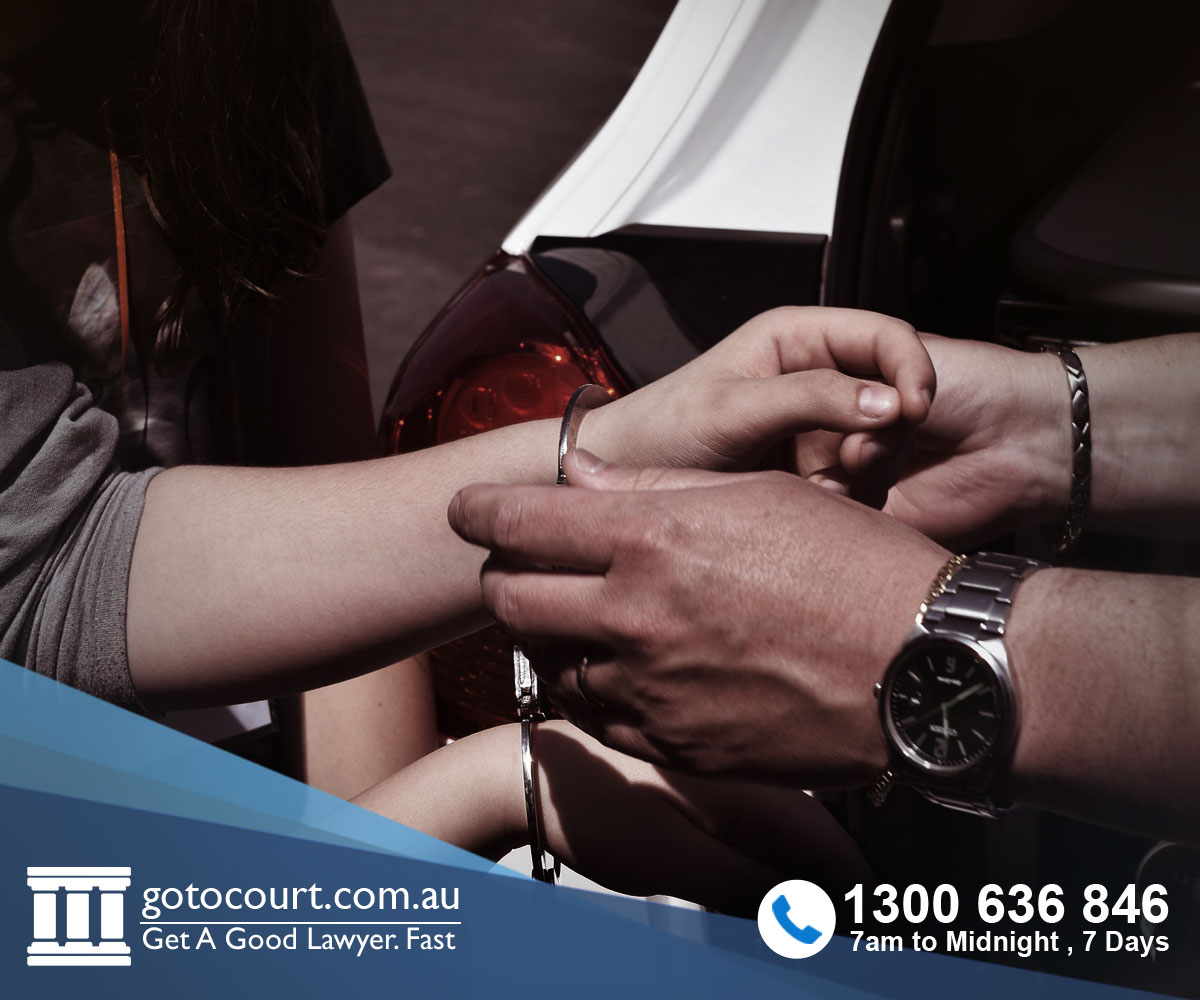Call our lawyers
now
or,
have our lawyers
call you
Applying for Bail in the Children’s Court of New South Wales (NSW)
Updated on Nov 21, 2022 • 4 min read • 413 views • Copy Link
Applying for Bail in the Children’s Court of New South Wales (NSW)
When a person is charged with a criminal offence in New South Wales, they may be granted bail or remanded in custody. The grant and refusal of bail is governed by the Bail Act 2013. When the person applying for bail is under 18, additional considerations set out in the Children Criminal Proceedings Act 1987 also apply. This page deals with applying for bail in the Children’s Court in New South Wales.
Police bail and court bail
Bail can be granted by the police or by a court. If the police do not grant bail, the person must be brought to a court as soon as possible and given the opportunity to apply for bail. If the person is under 18, this will occur in the Children’s Court.
Applying for bail generally
Under section 19 of the Bail Act, any person will be refused bail if the court considers that their release from custody would pose an unacceptable risk that:
- They will fail to appear at court to answer the charges;
- They will commit a serious offence;
- Endanger the safety of persons;
- Interfere with witnesses or evidence.
If the court has concerns that a person’s release involves risks of any of the above, it must consider whether these risks can be mitigated by imposing bail conditions. If they cannot, bail must be refused. This process is the same regardless of whether the applicant is an adult or a child.
Principles under Children (Criminal Proceedings) Act
When the person applying for bail is a child, the court must also consider the principles set out in Section 6 of the Children (Criminal Proceedings) Act.
These principles are:
- Children have the right to be heard and to participate in the processes that affect them;
- Children who commit offences bear responsibility but also require guidance and assistance;
- It is desirable to allow the education or employment of a child to continue without interruption;
- The penalty imposed on a child should be no greater than that imposed on an adult;
- It is desirable that children who commit offences be reintegrated into the community;
- It is desirable that children who commit offences take responsibility for their actions;
- Consideration should be given to the effect of a crime on victims.
Children not required to ‘show cause’
Under section 16A of the Bail Act, when an adult is charged with certain serious offences and applies for bail, they must ‘show cause’ why their continuing detention is not justified. This means that there is a presumption that the accused will not be granted bail and the defence bears the burden of overcoming it.
A child who applies for bail is relation to a serious offence is not required to ‘show cause’.
Bail conditions
When a person is granted bail, they are released on condition that they will attend court to answer the charges and will not commit a serious offence while at large. Courts can also impose additional bail conditions if there are particular concerns about the release of the person. The conditions imposed will depend on the person’s circumstances and the nature of the bail concerns.
Some common bail conditions imposed when a child is granted bail include:
- To attend school;
- Not to consume alcohol or other drugs;
- To abide by a curfew;
- Not to have contact with specified persons (such as co-accuseds or alleged victims);
- Not to attend specified locations (such as the site of the alleged offence);
- To be subject to electronic monitoring.
The bail conditions that are imposed must be reasonably necessary to address a bail concern and no more onerous than necessary (section 20A, Bail Act). A surety (a condition that a sum of money be forfeited if bail is breached) can only be required if there is a concern that the young person will fail to appear.
Breaches of bail in NSW
A person may breach their bail by failing to appear at court when required to do so, by committing a serious offence while on bail or by failing to comply with bail conditions.
Under section 79 of the Bail Act, it is a criminal offence to breach bail by failing to appear at court. This offence attracts a maximum penalty of three years imprisonment or a fine of 30 penalty units.
In New South Wales, it is not an offence to breach bail by failing to comply with a bail condition. If a person breaches their bail in this way, they may be brought back before the court for breach of bail and their bail may be revoked, varied or continued.
If you require legal advice or representation in any legal matter, please contact Go To Court Lawyers.


Affordable Lawyers
Our Go To Court Lawyers will assist you in all areas of law. We specialise in providing legal advice urgently – at the time when you need it most. If you need a lawyer right now, today, we can help you – no matter where you are in Australia.How It Works








1. You speak directly to a lawyer
When you call the Go To Court Legal Hotline, you will be connected directly to a lawyer, every time.


2. Get your legal situation assessed
We determine the best way forward in your legal matter, free of charge. If you want to go ahead and book a face-to-face appointment, we will connect you with a specialist in your local area.


3. We arrange everything as needed
If you want to go ahead and book a fact-to-face appointment, we will connect you with a specialist in your local area no matter where you are and even at very short notice.
















